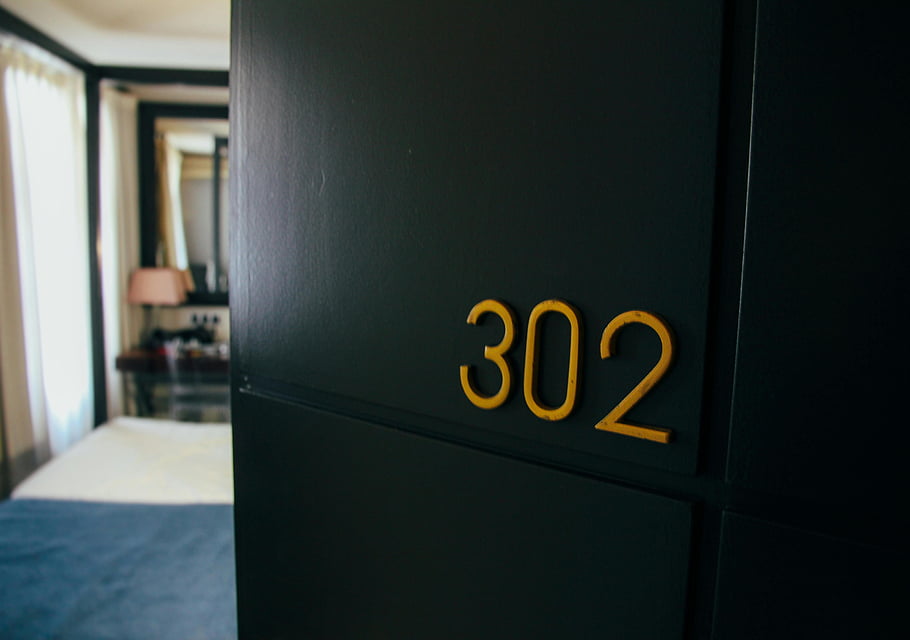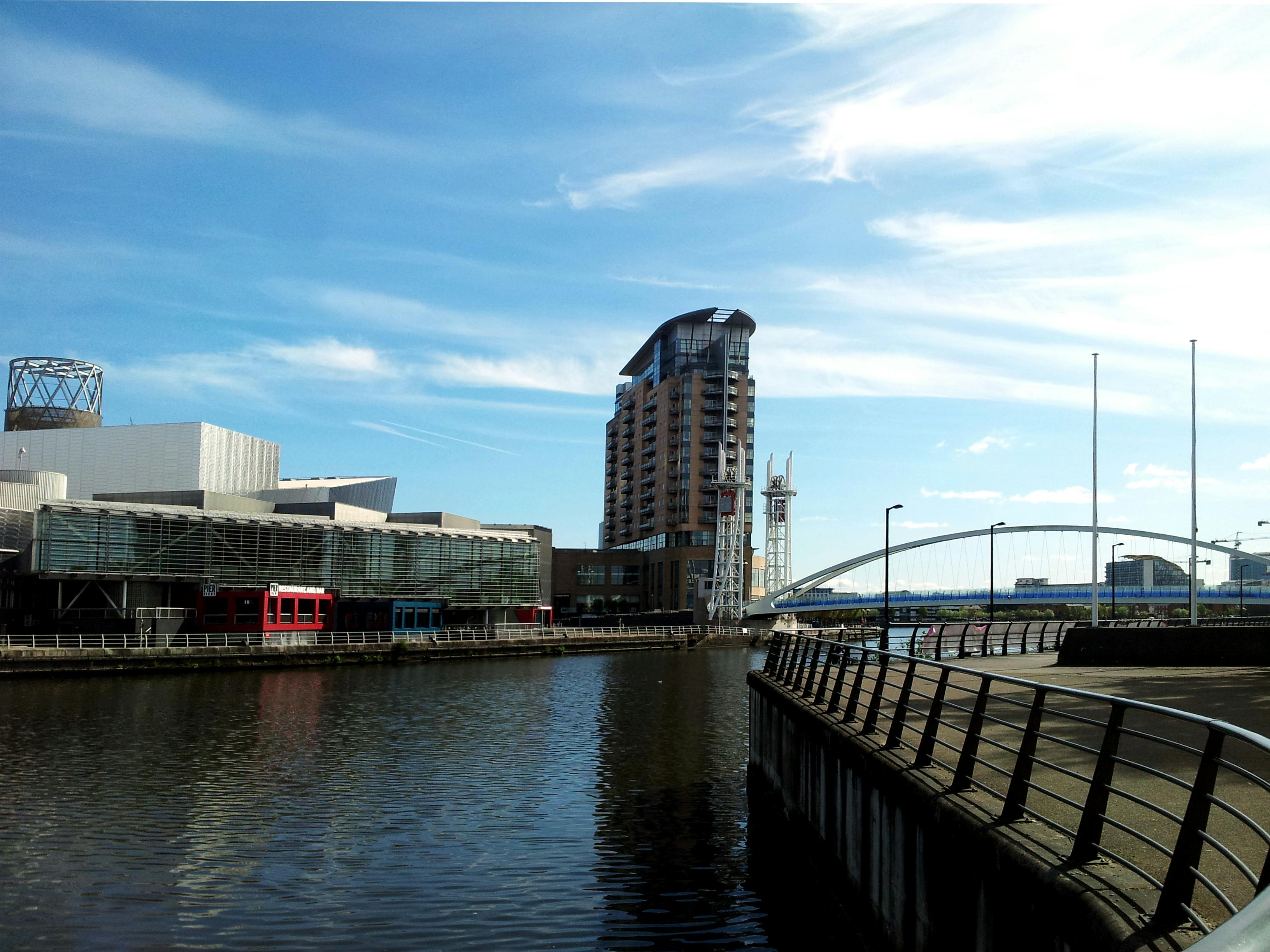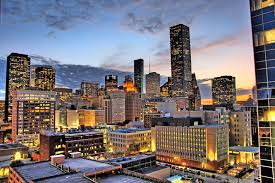If you are considering moving to New Zealand from UK, you have joined thousands of Britons. Attracted by beautiful scenes, balanced life style, and friend community, more and more British citizens decided build their future in New Zealand. This guide will help you know how to move to New Zealand from UK permanently from three parts. From thorough preparations before immigration, to quick settlement upon arrival, and to stable planning for the long-term future, we will accompany you throughout the entire process from short-term transition to permanent settlement.
Planning Your Move to New Zealand from UK
Before officially immigrating to New Zealand from UK, a thorough pre-departure plan is the foundation of success. This section will guide you through four key preparation steps: clarifying various visa options, carefully comparing living costs, accurately estimating initial settlement expenses, and properly handling outstanding accounts. These will lay a solid foundation for your journey to New Zealand.
New Zealand Visa for UK Citizens
For those immigrating to New Zealand from the UK, the first step is to understand and apply for the appropriate visa. A UK citizen can enter New Zealand visa-free for up to six months. But if you want to work, study, or work long-term, you must apply for a suitable visa. New Zealand’s visa system mainly includes two categories: Temporary Visas (common springboards) and Residence Visas (the final target for permanent living).
Three Core Work Visa Pathways (Temporary & Long-Term)
The following three visas are the most popular routes for UK citizens, catering to different ages and career stages:
1. Accredited Employer Work Visa (AEWV)
Purpose: This is the most mainstream temporary work visa and is often a prerequisite for later residence.
Prerequisite: You need to get a full-time job offered by certificated employers in New Zealand.
Duration: Typically, the validity period is up to three to five years.
2. Working Holiday Visa (WHV)
Purpose: A low-barrier option designed for travel, allowing short-term work to supplement travel funds.
Eligibility Highlight: This visa is suitable for UK citizens between 18 to 35 years old who aim to take a vacation while doing short-term work to supplement travel expenses.
Duration: the validity period is up to 12 months, and can sometimes be extended to a maximum of 36 months.
3. Skilled Migrant Category (SMC) Resident Visa
Purpose: The main pathway to permanent residence is based on your professional skills and qualifications.
New 6-Point System: Applications are assessed using the new 6-point system. Applicants must achieve a total of 6 points from the following categories:
Mandatory Points (3 to 6 points): Claimable from Occupational Registration, Recognised Qualification (Bachelor’s degree or higher), or High Income (earning 1.5x to 3x the median wage).
Additional Points (Up to 3 points): Claimable from skilled work experience in New Zealand (1 point per year, up to 3 years).
Core Strategy: New Zealand work experience, high salary, and high-level qualifications are the main factors to maximise your score.
Other Key Visa Categories
Student Visas: Students are admitted to an accredited educational institution in New Zealand and paid tuition. It is necessary to prove that there are sufficient funds to cover living expenses (usually about NZ$20,000 per year)
Family Visas for Temporary: Including the Partner of a Worker Work Visa: If your spouse or partner has a long-term work visa or student visa, you can apply for this visa to get a full-time job.
Work to Residence Visa: Holding a specific work visa(such as the occupations on the “Green List”)and working for 24 months for a registered employee in New Zealand, you can apply for this visa.
Family Resident Visas: For partners (Partnership Resident Visa) or parents (Parent Resident Visa) of a New Zealand citizen or resident.

New Zealand vs UK Cost of Living
Knowing how much it costs to move to New Zealand from the UK is crucial. There is a difference in the living costs between the UK and New Zealand. The cost will cover many aspects, including housing, food, transportation, healthcare and utilities, to help you create an accurate budget.
- Cost of House
The housing prices in Auckland, the largest city in New Zealand, are among the highest in the world, just like those in London, UK. But in other parts of New Zealand, such as many cities and towns on the South Island, may indeed be lower than that in some popular cities outside of London in the UK. But you need to know, only residents and citizens can buy homes in New Zealand. Before obtaining a residence status, the only option for most new immigrants from UK to New Zealand is to rent a house. Rent is calculated every week, and different cities and locations vary greatly in New Zealand. For international students with student visas, student accommodations in New Zealand near the campus are undoubtedly the more targeted and convenient first choice. You can plan your budget according to your specific rental needs.
- Cost of Food
Grocery spending in New Zealand is usually significantly higher than that in the UK. Food prices, especially those of imported products, snacks and processed foods, are 15% to 25% higher than those in the UK. But dairy products, mutton, and wine are of high quality and are cheaper in the UK. It’s worth noting that there is no tipping; all menu prices already include 15% goods and services tax, which makes your consumption clearer and more controllable.
- Cost of Transportation
Public transportation costs in major cities of New Zealand are roughly the same as those in major cities other than London in the UK, such as Manchester and Birmingham, and may even be cheaper. If you choose to travel by private car, car insurance, annual inspection (WoF) and road tax (License) are fixed expenses, which are roughly the same as those in the UK.
- Cost of Healthcare
If you have just immigrated to New Zealand, it is strongly recommended that you purchase private medical insurance. It can cover GP consultation fees, specialist doctors, surgeries and dentistry, allowing you to receive faster treatment.
- Cost of Public Utilities
- Electricity:
electricity is the largest public utility expense. In New Zealand, most households use electricity for heating and boiling water, and the electricity bill is definitely a considerable expense. Heating costs in winter will increase significantly.
- Mobile:
The prices of fixed-line broadband and mobile data plans are roughly the same as or slightly higher than those in the UK, but the quality of service (especially broadband speed) may not be as good in some areas. Prepaid mobile phone packages are very common and flexible.
- Water:
For water charges, in many areas, residents’ water usage is free or only a fixed sewage treatment fee is charged. However, in some cities (such as Auckland), charges are made based on usage.
The Funds Required in the Early Stage of Relocation
For individuals considering cost of moving to New Zealand from UK, establishing a relocation fund of NZD $12,000–25,000 is strongly advised. The main components of this budget include visa fees, international air tickets, luggage transportation, as well as initial accommodation costs such as temporary accommodation, rental deposits and basic living supplies. It is equally important to consider less obvious expenses, such as daily meals and decorating a new home, to ensure that your financial plan supports a smooth and sustainable transition.
- Visa Fees
The cost of applying for a visa is something you must be prepared for. This is the fixed expense for initiating the immigration process. Depending on the type of visa, the cost can range from several hundred to several thousand New Zealand dollars.
- Air Ticket
A one-way air ticket from the UK to New Zealand is a significant expense(approx £700–£800). Due to the long flight distance, the price of air tickets will fluctuate up and down according to the travel season and the promotional policies of airlines. Planning and maintaining flexible travel dates can help you get reasonable fares.
- Luggage transportation
Don’t forget to budget the cost of transporting personal items range from £790–£980, with a transit time of 6–7 weeks. The final price will vary significantly depending on the volume and weight of your items, as well as the speed of the service you choose. You can compare several transportation companies.
- Initial Settlement Fee
If you are entering New Zealand on a work visa, you need to carefully budget for temporary accommodation. The rental cost includes a deposit (usually equivalent to 2-4 weeks’ rent) and prepaid rent, as well as basic household items, which are essential for living in most parts of New Zealand. For those who have obtained a student visa, opting for a student housing in New Zealand near your campus can be an excellent alternative. It typically comes fully furnished, offering you a quicker and easier settlement. For instance, purpose-built student accommodations like UniLodge Auckland Central, Auckland or UniLodge Stafford House, Wellington offer a seamless solution with furnished studios, Wi-Fi, and special student discounts, which is immensely convenient for international students.

UK End of the Procedure
Moving from UK to New Zealand doesn’t mean your financial relationship with the UK is immediately over. It is of vital importance to handle these matters properly.
Taxation (Double Taxation Agreement): The UK and New Zealand have a Double Taxation Agreement (DTA). Once you settle in New Zealand (usually staying for more than 183 days), you become a tax resident of New Zealand and are required to pay taxes to the New Zealand government on your income.
Bank Accounts & Transfers: It is recommended to keep a UK bank account for handling remaining bills and receiving possible refunds. You can also open an international money transfer service account (such as Wise, Revolut or PayPal) to transfer funds from the UK to New Zealand.
UK State Pension (The Freeze): Your UK State Pension will continue to be paid, but the amount will be frozen at the rate you first received it in NZ and will not be increased annually by inflation (as per GOV.UK guidance).
Settling In After Moving to New Zealand from UK
Upon arrival in New Zealand, the journey of British immigration to New Zealand truly begins. You need to quickly complete the basic setup of your life, including opening a bank account, applying for a tax number and finding a job. At the same time, it takes into account the daily needs of the family, such as medical registration, children’s school enrollment, and transportation. This part serves as a practical guide to help you solve core issues related to work, family, and life within 1 to 3 months.
Immediate Priority: Bank, IRD, and Job Search
Upon completing the initial requirements to move to New Zealand from the UK, British newcomers should prioritize these essential steps to establish their new life: opening a bank account, obtaining an IRD tax number, and beginning the job search process. These foundational tasks will help you build a stable base for working and living in your new home.
Opening a Bank Account & Applying for an IRD Number:
- Bank account:
To open a bank account in New Zealand, it is recommended that you go to banks suitable for the British, such as ANZ and Westpac, which will be more convenient. You need to bring your account opening materials, including your passport, visa and proof of address.
- IRD number:
Obtaining anIRD number is an indispensable step after arriving in New Zealand. This New Zealand tax identification number can be applied for online through the IRD official website or processed at an offline office. Its function is similar to the National Insurance number in the UK, linked to the local tax and welfare system. If you fail to provide this number to your employer, all income will be withheld at the highest tax rate.
Job Hunting platforms and skills:
- Platforms:
If you haven’t found a job in New Zealand, there are mainstream recruitment platforms for your reference, such as Seek, Trade Me Jobs, and LinkedIn.
- Certification:
Before you submit your resume, please make sure that your academic qualifications or professional credentials have been certified by the relevant authorities in New Zealand. Certifications require the preparation of notarised materials such as transcripts and academic certificates. The entire process takes about 4 to 8 weeks. It is recommended to start handling it as early as possible.
- Workplace culture:
In addition, compared with the UK, the workplace culture in New Zealand is usually more direct and informal in terms of communication, and the culture of working overtime is not widespread. It is recommended to maintain an open mind, actively integrate into the team, and learn to fully enjoy your personal time while working efficiently.
Organizing Family and Daily Life
- Healthcare System Registration & Private Insurance
- Healthcare System Registration:
As a British citizen, you can register with a primary health organisation (PHO) and choose a family doctor (GP) locally with a valid passport and visa. Under the reciprocal healthcare agreement between the UK and New Zealand, you can enjoy medical coverage similar to that of New Zealand residents during your visit, covering emergency care, accidental injuries and essential medical services. However, this agreement mainly applies to short-term visits or individuals who meet specific residence conditions, and does not cover non-emergency specialist medical treatment, dental and prescription drug costs, etc.
- Private insurance:
To make up for the limitations of public healthcare, it is recommended that you purchase private medical insurance, which can focus on covering specialised consultations, non-emergency surgeries, upgrading hospitalisation conditions (such as single rooms), and dental treatments and other items outside the public system.
- Preparing Your Family: Education & Childcare
If your whole family immigrate to New Zealand and has school-age children who deserve free public education aged 5 to 19. You can apply for school for your children aased on the school district where your residence is located. The Year 1 to Year 13 academic system in New Zealand basically corresponds to the grade settings in the UK, making transfer to schools relatively convenient. If you need child care, you can choose an Early Education Centre (ECE). It is subsidised by the government, and the subsidy amount depends on the family’s income and residence status. Families that do not receive the subsidy need to bear the cost of about 50 to 80 New Zealand dollars per day by themselves.
- A Practical Guide to Transport in New Zealand
In New Zealand, those holding a valid British driver’s license can drive for 12 months from the date of entry. After that, they need to pass both the theoretical and road tests to convert it to a local driver’s license. If you plan to buy a private car, the mainstream car-buying platforms here are Trade Me Motors or physical car dealerships. The bus, train and ferry systems in major cities such as Auckland and Wellington cover basic commuting; this public transportation is the first choice for people’s daily travel. It is recommended to check the timetable in real time before travelling.

Establishing New Life Foundations After Emigrating to New Zealand from UK
If you’re exploring how to move to New Zealand from the UK permanently, developing a comprehensive long-term plan is essential. Your plans for the future need to take into account three aspects. The first step is to transition from a resident to a citizen, and the second is to establish a secure retirement and financial foundation. Finally, how to truly integrate into New Zealand’s culture and community is also an important part that cannot be ignored.
From Resident to Citizen
Securing permanent residency is your first step toward moving to New Zealand from UK permanently, while citizenship represents the final stage of your integration journey. Understanding these processes will help you build a clear roadmap for your future.
- Pathways to Gaining Permanent Residency (PR)
Based on holding a temporary visa, you can apply for permanent residency by meeting specific conditions. There are mainly two ways to help you apply for permanent residency. First, through the skilled migration route, you need to reside in New Zealand for at least 184 days each year within two years after holding a resident visa. Secondly, if you hold a “work-to-residence” visa, you must work for your sponsoring employer for at least two years and continuously meet the skill requirements. After you are eligible to apply, you can bring the relevant documents to handle the application.
- Citizenship Application
The main application requirements include holding a PR for at least five years, residing for at least 45 months within five years, meeting the English proficiency requirement (IELTS 6.5 + or exemption), and passing the citizenship test (New Zealand history, culture, and law). At the same time, New Zealand recognises dual citizenship, and British citizens do not need to renounce their original nationality.
Retirement and Long-Term Finances
If you have already started considering the issue of your pension, it is believed that your immigration to New Zealand from UK has been largely completed. After a British citizen moves to New Zealand, their eligibility and amount for receiving the UK National Pension (depending on their National Insurance contribution record) will not be affected, but they need to proactively notify the UK pension service. If one meets the conditions of being 65 years old or above and having resided in New Zealand for at least 10 years since the age of 20, they can simultaneously apply for the New Zealand Superannuity (according to the 2024 standard, the maximum after-tax weekly allowance for an individual is approximately NZ $556).
Culture and Community Integration
The final step and the most difficult step for moving from the UK to New Zealand is how to smoothly integrate into the community. It is recommended that you proactively utilise local British immigrant communities, various interest clubs, professional networks and other social channels to expand your network. The key to adapting to life in New Zealand lies in understanding the locals’ easy-going, pragmatic and nature-loving traits. This can help you master more relaxed and informal social rules, such as getting straight to the point when communicating or making friends during outdoor activities, thus integrating smoothly.

Conclusion about Moving to New Zealand from UK
As you prepare to move to New Zealand from UK, this guide has equipped you with a complete roadmap for your new beginning. From pre-departure preparations to settling in, from career development to long-term planning, we’ve clarified each essential step. Many British citizens choose New Zealand for its unique lifestyle that blends modern urban comforts with breathtaking nature, offering both familiarity and new possibilities. Remember, thousands like you have successfully started anew here – their journey is about to become yours. Now that you’re equipped with all the necessary knowledge about how to immigrate to New Zealand from UK, we look forward to seeing you write your own success story in this beautiful land.
FAQs about Moving to New Zealand from UK
Is it easy to move to New Zealand from UK?
It’s challenging, but relatively easy with skill and language advantages. The whole process is not easy. You must get a suitable long-term visa, such as the skilled migration category. If you can engage in scarce skill industries, the success rate of immigration will increase significantly. For young people, a working holiday visa is a better choice. Despite many difficulties, similar languages and cultures also offer many conveniences to immigrants from UK to New Zealand.
Do Brits get free healthcare in New Zealand?
No, it’s not free immediately. Mutual medical care is only available for a short period of time (only in emergency situations), and full benefits require resident status. Specifically, suppose you have already obtained a resident visa or an eligible work visa and have become a legal resident of New Zealand. In that case, you can enter the public healthcare system and enjoy free or low-cost medical services in public hospitals. Conversely, if you hold a short-term visa such as a working holiday, student or tourist visa, you will not be eligible for this benefit and must purchase your own private medical insurance to cover any possible medical expenses.
Is it cheaper to live in NZ or the UK?
Yes. According to the latest statistics, the overall cost of living in New Zealand is indeed slightly cheaper than that in the UK. But the specific cost varies greatly depending on the region and individual lifestyle. In general, the cost of housing in New Zealand has an advantage in areas apart from main cities, and the prices of daily consumer goods are higher than UK. The public welfare systems, such as national healthcare and education, in both countries have their own characteristics, but immigration status will directly affect welfare eligibility in New Zealand.








